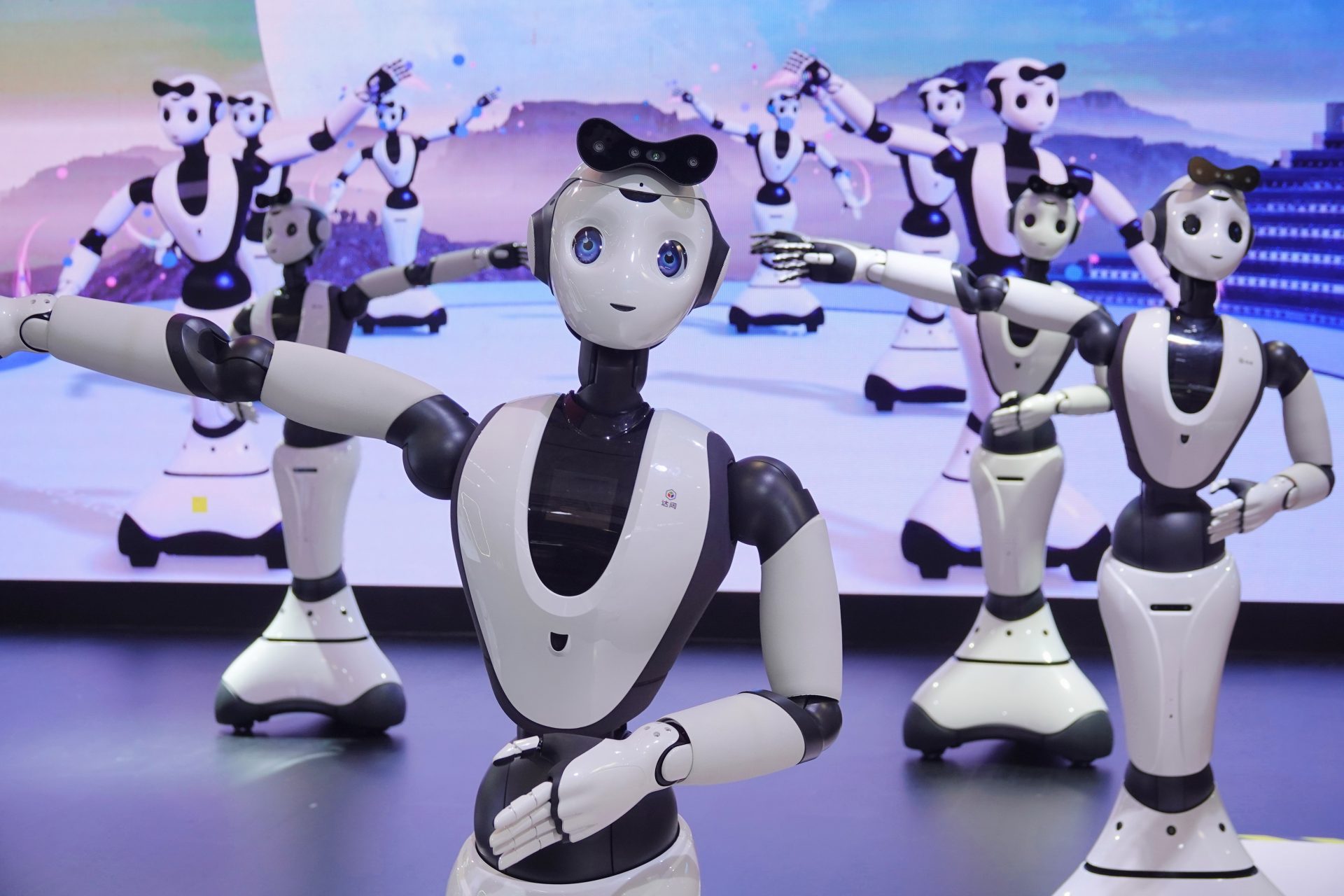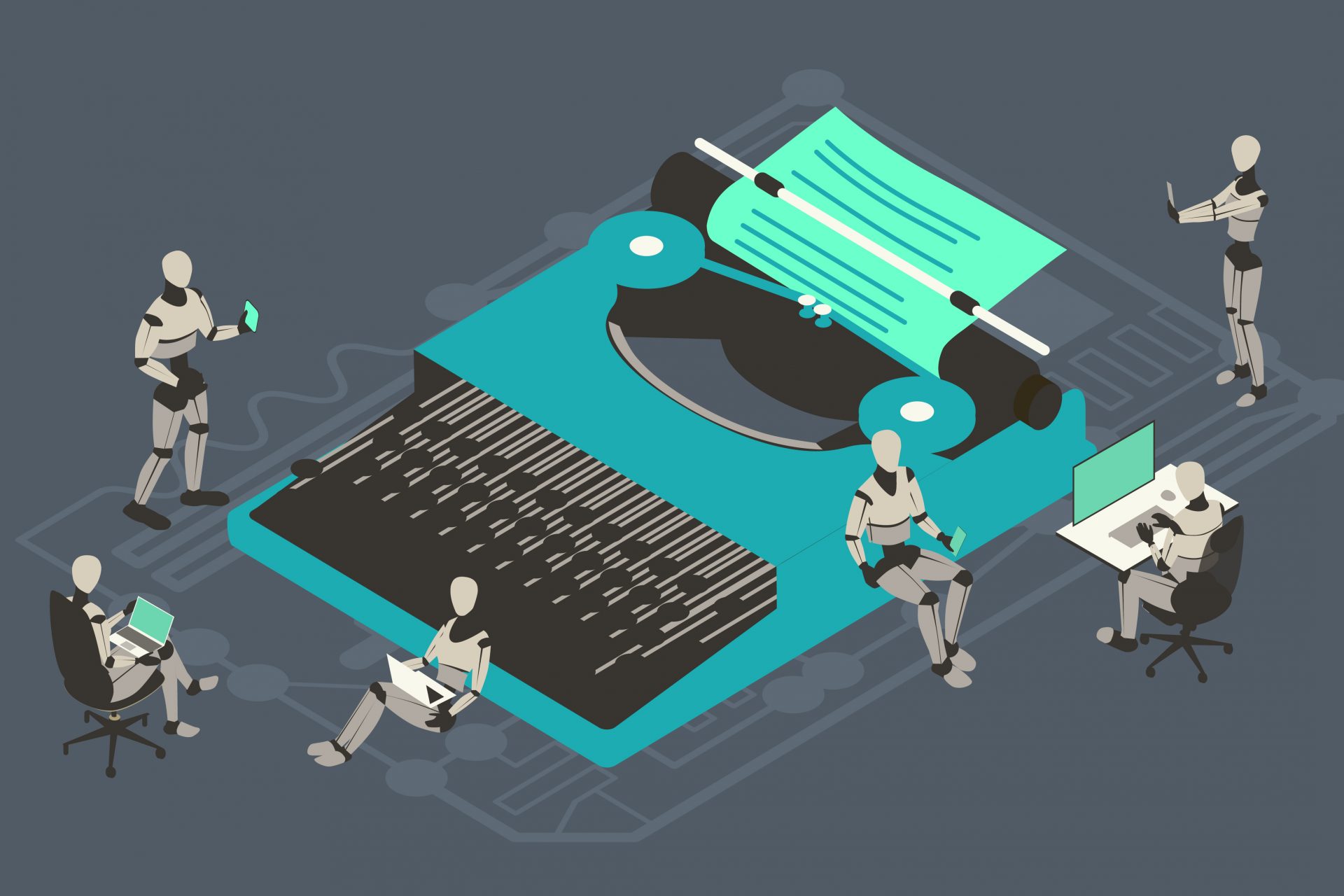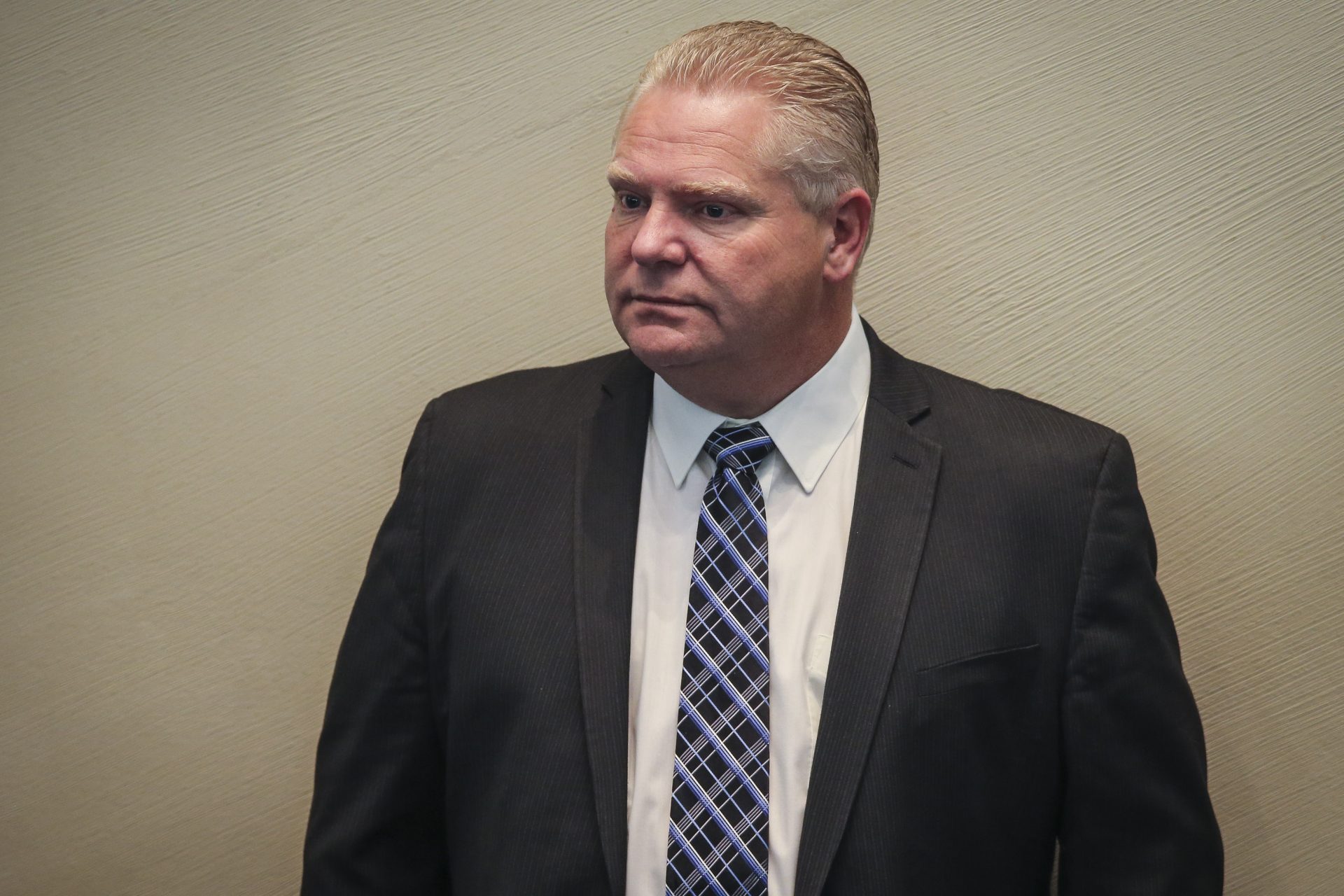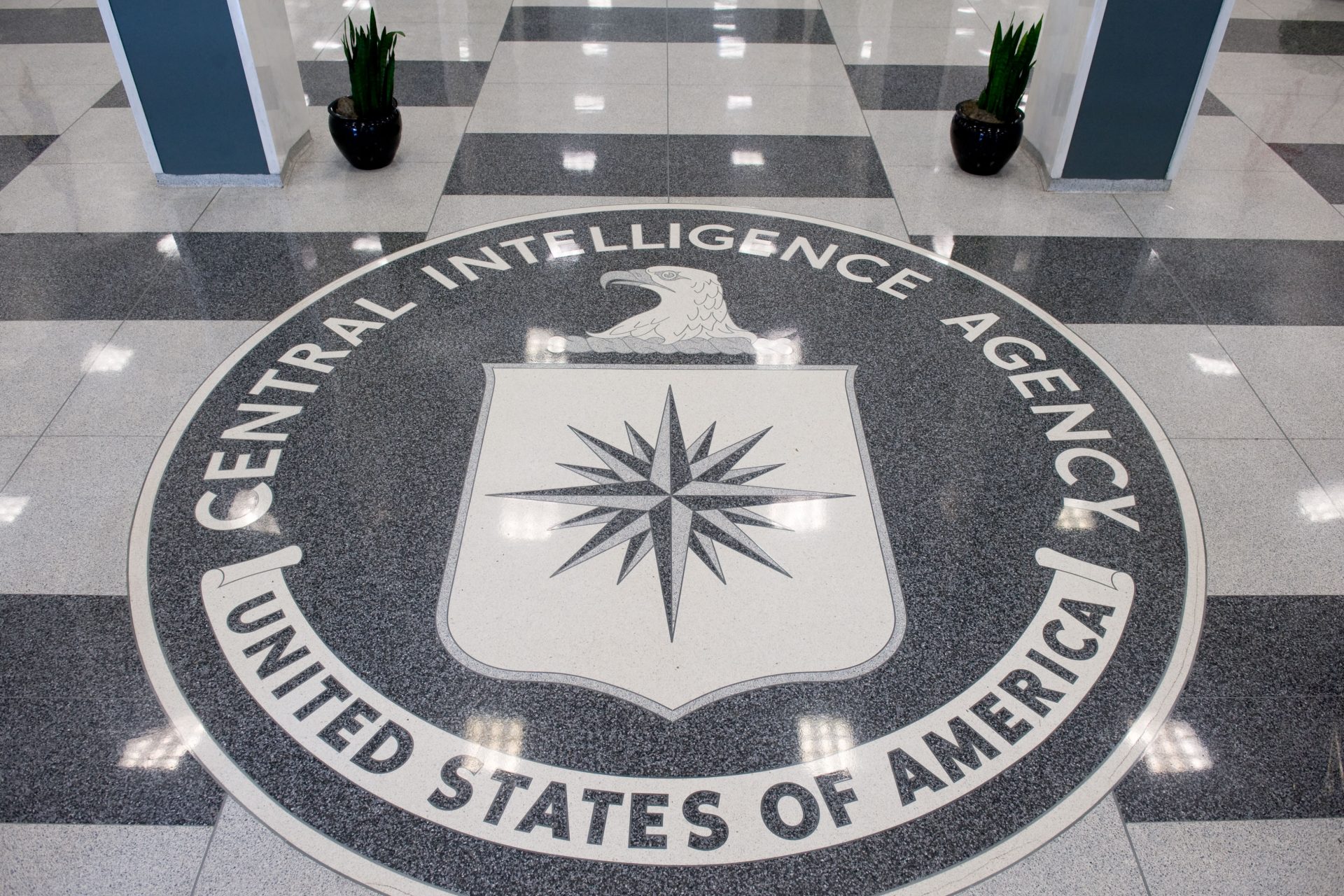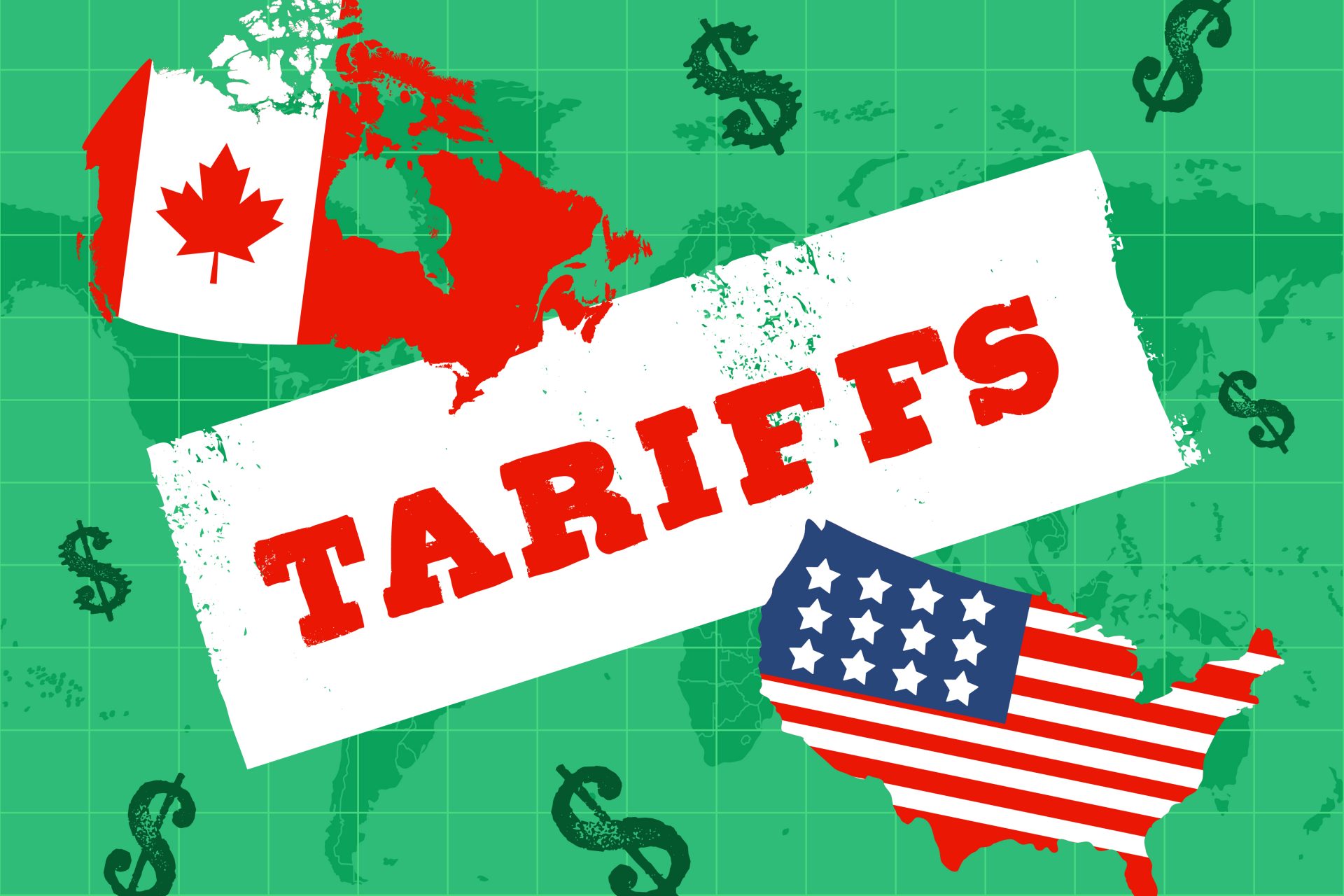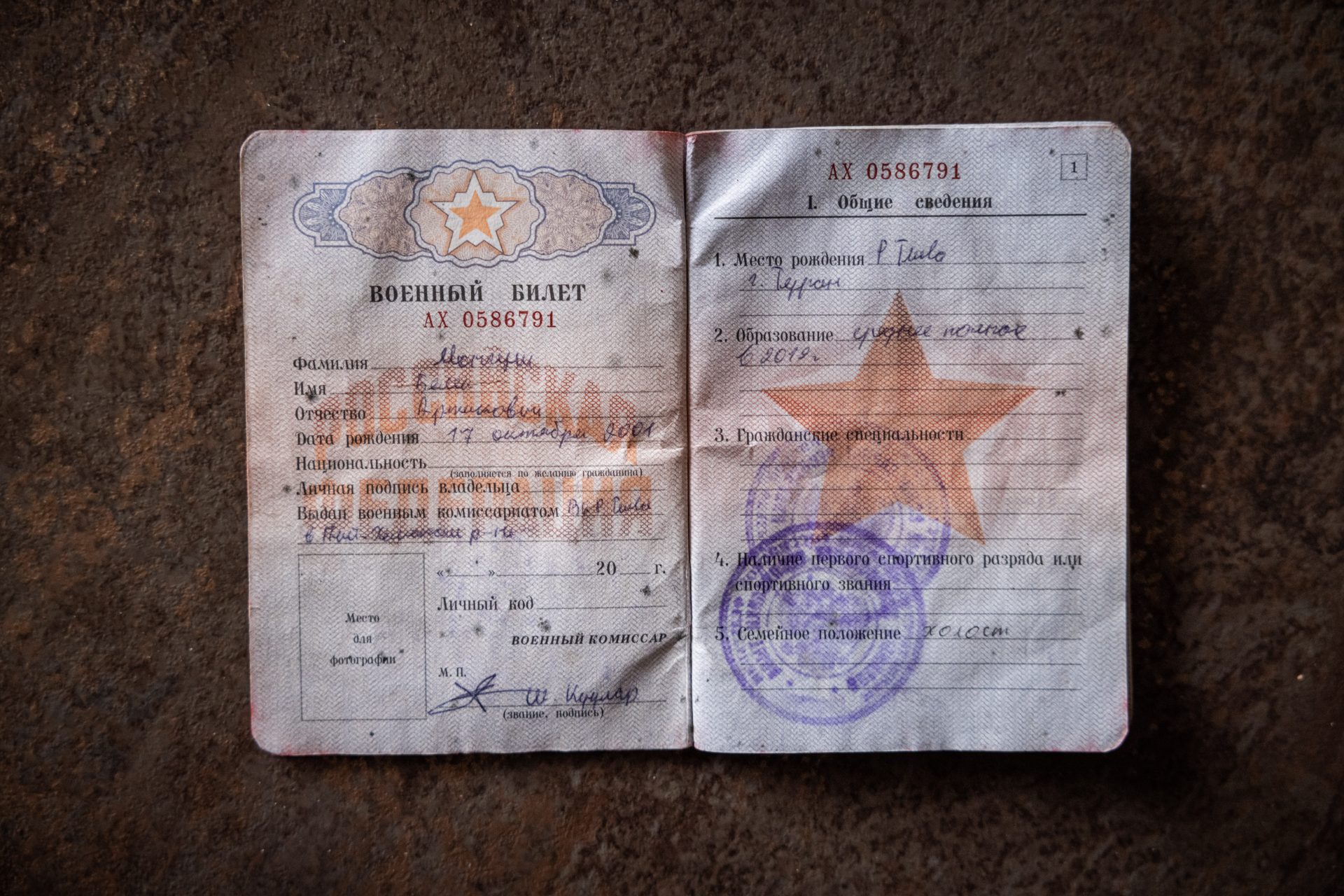Could a robot do your job? These professions are at risk of being replaced by A.I.
When we were kids we watched cartoons that showed robots doing a lot of human jobs. Now, in the year 2023, that reality doesn't just seem like a fantasy, it is actually a slightly terrifying reality!
Artificial intelligence and, more specifically, ChatGPT, have become a recurring topic of conversation. Unsurprisingly, it is a real revolution in all areas but especially in the workplace, presenting a new scenario for both employers and workers.
For those who are not yet aware, ChatGPT is an artificial intelligence chatbot launched by OpenAI that performs a myriad of tasks. So much so that there are professions that are in serious danger because of it...
According to a study conducted by OpenAI, OpenResearch, and the University of Pennsylvania, "approximately 80% of the US workforce could be affected in at least 10% of their tasks."
Other data suggests that 20% of all workers will witness how artificial intelligence will be able to do half of their work.
Given the threats posed by its development, this study prepared by OpenAI, headed by the American businessman Sam Altman, yields data that gives food for thought.
The first conclusion that emerges from this report is that the impact of artificial intelligence is going to affect most jobs and at all salary levels, although "higher-income jobs are potentially the most affected."
But, despite this, the truth is that there are certain positions and professions that will be more affected than others. But which ones?
Photo: Unsplash (Israel Andrade israelandrxde)
It appears, according to this report, professionals who have a bachelor's or master's degree are more vulnerable to GPT-powered software compared to workers with less academic or college education.
Photo: Unsplash (Christin Hume - christinhumephoto)
More specifically, jobs related to programming or that require writing skills will be more at risk of being replaced by these massive language models.
Photo: Unsplash (Headway headwayio)
With all this, telemarketing professionals, programmers, translators, lawyers, accountants or teachers are the ones most targeted by the studies and reports carried out in this regard.
Photo: Unsplash (Jason Goodman)
Mathematicians, financial analysts, administrators, web designers or content writers will also be more exposed to artificial intelligence.
Photo: Unsplash (Annie Spratt - anniespratt)
But do not panic, because this does not mean that these professions are doomed to disappear completely, although they will experience a new reality.
Experts agree that the idea is for artificial intelligence to help automate processes or shorten the times in carrying out certain tasks, but that it is always complementary to the work being done by a human being, who will be in charge of reviewing the final work, because artificial intelligence is not 100% infallible.
On the other hand, the positions less "affected" by artificial intelligence would be, among others, those of athletes, cooks, bricklayers, machine operators, mechanics, installers...
Professions such as those related to public relations or those that require scientific skills and the involvement of critical thinking will also be "more protected".
Photo: Unsplash (Laurenz Kleinheider - laurlenz)
In any case, in the words of Sam Altman in an interview with ABC News, "I think over a couple of generations, humanity has proven that it can adapt wonderfully to major technological shifts...for a couple of generations, humanity has shown that it can adapt wonderfully to major technological changes... Human creativity is limitless and we find new jobs. We find new things to do".
Photo: Unsplash (Guilherme Stecanella)
What is clear, as explained in the document prepared by OpenAI, OpenResearch and the University of Pennsylvania, is that artificial intelligence will be the greatest technological revolution that humanity has developed to date. With the risks and uncertainty that this implies.
In May 2023, researchers, businessmen, politicians and scientists from around the world expressed their concern in an open letter to the Future of Life Institute: "Advanced AI could represent a profound change in the history of life on Earth and should be planned and managed with due care and resources". Will we be in time for it not to get out of hand?
Photo: Unsplash (Thomas Lefebvre)
More for you
Top Stories



